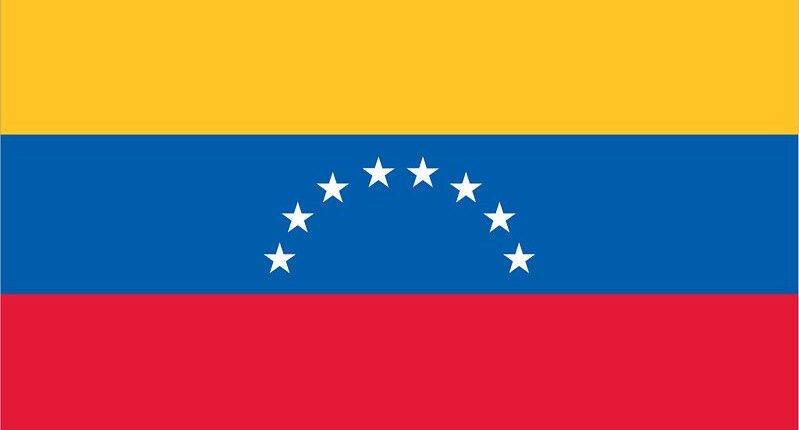According to a local media outlet in Venezuela, the nation’s president announced that the government was going to give 0.5 Petro to all eligible citizens. It amounts to about $30, which is five times what a citizen on minimum wage, can expect to earn in a month. To receive the Petro, citizens must first download the official Petro app.
The Petro App and Mass Adoption of the Petro
This app is the official wallet for the nation’s digital currency. With the app, Venezuelans will be able to buy and sell the Petro for Ethereum, Litecoin, and Bitcoin. It is the only app available for the Petro. As a result, all Petro transactions have to go through it.
The president of Venezuela attempted a similar airdrop in 2018. At the time, the government was offering the Petro via the Patria system, which is the official social benefits program for Venezuela.
Via Patria, Venezuelans send the relevant information to help the nation manage its policies. The government then deposits random bonuses into a digital wallet, which is managed using the Patria portal. Venezuelans can exchange this digital currency for fiat in a bank account linked to the Patrai system.
However, the process was criticized for being complex, especially since most of those that use Patria are elderly citizens. The opposition in the nation also criticized the system and even questioned the legitimacy of the digital currency being issued by the nation.
The use of the Petro App is going to simplify the process and eliminate the need for linking to a bank account. If it succeeds, it could mark an important milestone in moving Venezuela into a digital currency economy.
Mixed Reactions
The latest move by Venezuela has been received with mixed reactions. Some have been highly critical of the new app while others have expressed optimism that it might succeed. In the past, the nation has faced technical hiccups in its attempt to launch a digital currency. As a result, Venezuela can expect that it might take months or years before it can convince its citizens to start using digital currencies.
Chances of Success are Minimal
Venezuela has been working on a national digital currency for a long time. The government has tried various coercive measures to grow adoption of the Petro but most have not succeeded. One major issue with the digital currency is that no one outside the Venezuelan government trusts the Petro.
Besides that, no crypto exchange in the world has agreed to allow the Petro to trade on its exchange. It is also worth noting that the Petro is not a true cryptocurrency. While it might be a digital currency, the government centrally controls it, which is against the governing ethos of crypto.
This is yet another attempt by the government of Venezuela to evade crippling sanctions imposed on its economy by the USA. The nation is trying to find a workaround to the use of the US dollar from which it has been cut off. However, it is unlikely that it will succeed in this effort unless the nation start finds serious solutions to resolve its economic crisis.
Image Source: Flickr
Notice: Information contained herein is not and should not be construed as an offer, solicitation, or recommendation to buy or sell securities. The information has been obtained from sources we believe to be reliable; however no guarantee is made or implied with respect to its accuracy, timeliness, or completeness. Authors may own the crypto currency they discuss. The information and content are subject to change without notice. Visionary Financial and its affiliates do not provide investment, tax, legal or accounting advice. This material has been prepared for informational purposes only and is the opinion of the author, and is not intended to provide, and should not be relied on for, investment, tax, legal, accounting advice. You should consult your own investment, tax, legal and accounting advisors before engaging in any transaction. All content published by Visionary Financial is not an endorsement whatsoever. Visionary Financial was not compensated to submit this article Please also visit our Privacy policy; disclaimer; and terms and conditions page for further information.

